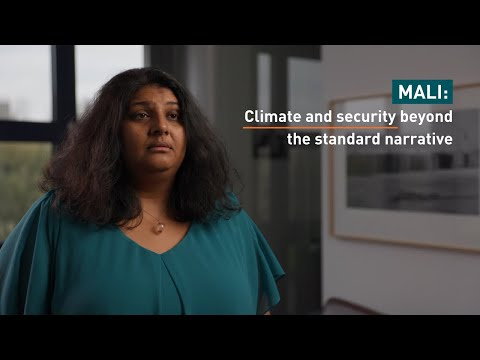
Located in West Africa in the Sahel, Mali is one of the most vulnerable countries to climate change on the planet and is experiencing both rising insecurity and significant climate variability. Over the past decades, the country has experienced increased variability and unpredictability of rainfall, rising temperatures and violent conflicts.
Climate change impacts already put additional pressure on natural resource-based livelihoods, limiting the ability of people to adapt. Political and security developments, poor governance and marginalisation drive insecurity and reduce state presence and service provision even further. Simultaneously, recession, inequality, insecurity, corruption, and social exclusion make livelihoods difficult to sustain.
Adding to that, Mali is experiencing major environmental pressures from human activity, most notably a 15% loss in tree cover due to deforestation between 2000 and 2020. In consequence, women and girls are forced to walk further than ever to access clean water, the lack of forest coverage is exposing them to armed groups, with increased gender-based violence and assaults being reported.
Download the report | Executive summary










